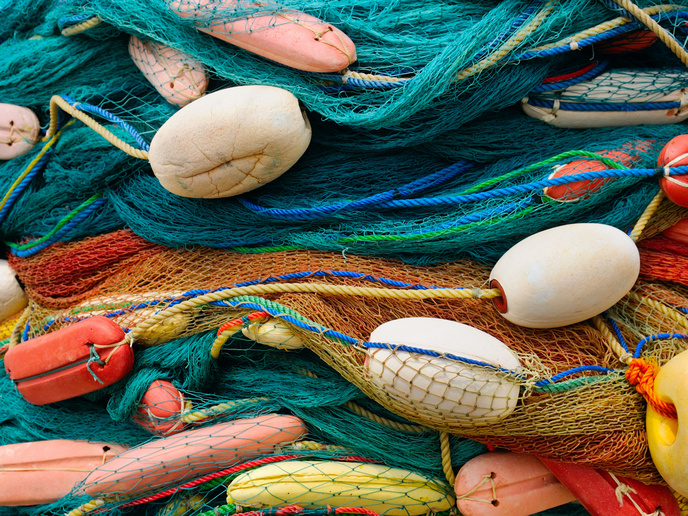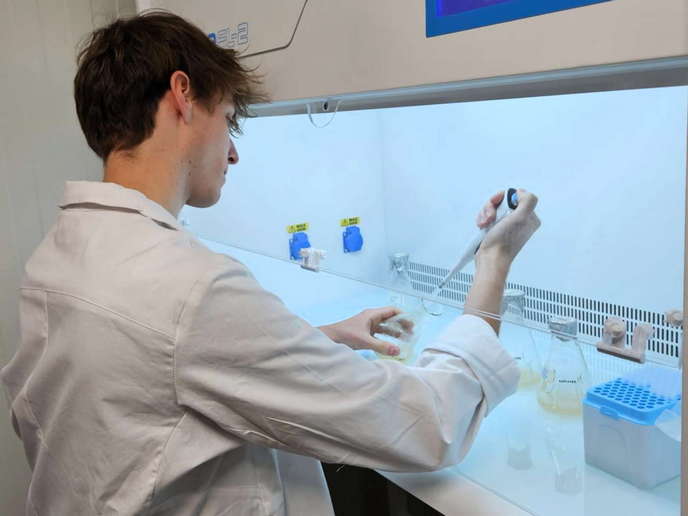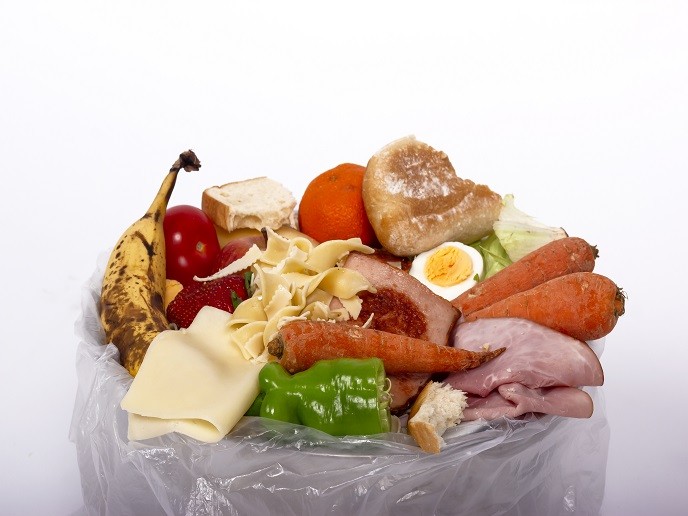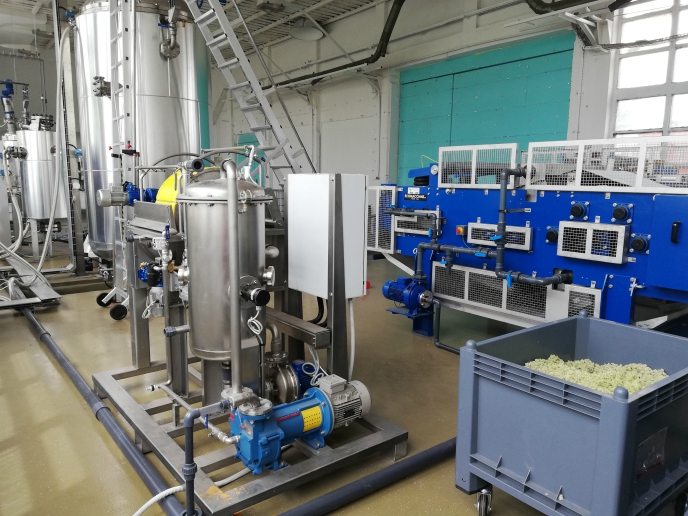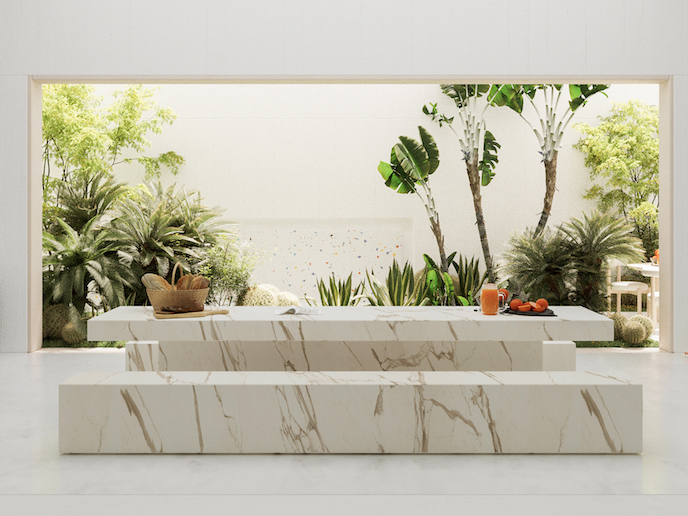Biopolymer architecture company tools up for production
In 2019, the world produced 460 million tonnes, and 353 million tonnes of plastic waste. To make plastic products more circular companies are researching, developing and bringing to market replacements for conventional plastics. The introduction of biopolymers can help to make the life-cycle of plastics more sustainable and thus make the plastics economy more circular in line with the EU Plastics Strategy. The EU-funded B4PNOW project helps the biopolymer architecture company B4Plastics transition from research and development to commercial supplier.
Demonstration, validation and production
B4PNOW has overseen the creation of multiple products that pair biopolymers with microbes that degrade material. Materials vary in strength, durability and duration of biodegradation, and they have a multitude of applications in the market. Demonstration facilities in Limburg, Belgium are under way, and by 2026 the company expects to execute its first multi-tonne orders for targeted materials. Market validation is under way too. Supported by B4PNOW funding, the company is nurturing the growth of scale-ups in the biopolymer industry. Fostering communication with globally renowned brands to secure markets for their high-performance, cost-effective and eco-friendly bulk materials has been integral to the company’s transformation. Becoming a commercial supplier requires investment in new production equipment. It also necessitates a significant increase in staffing. B4PNOW has facilitated the hiring of new human resource advisors as well as programme, production and purchasing managers. Personnel has increased three-fold during the company’s transformation. All these efforts position the company for entry into the commercial market. According to CEO Stefaan De Wildeman, “B4Plastics finds itself in a favourable position to secure its inaugural multi-tonne orders from global clients. This marks a significant milestone in the company's evolution from a research-focused endeavour to a full-fledged production entity, aligning precisely with the objectives set forth by B4PNOW.”
TriggerPlastics and FortePlastics
Commercial validation, demonstration and production steps are tailored to specific products. With the help of B4PNOW, two new plastic products, TriggerPlastics and FortePlastics, have been through this development process. TriggerPlastics allow for the best controlled and most rapid biodegradation. They are used in various applications such as in agriculture and horticulture (fertilizers | agricultural clips, which are used to tie vines such as tomatoes or grapes to supporting structures), personal care and cosmetics products, medications, ointments, fillers for tablets, etc. As the TriggerPlastics family developed, the company branded one of the segments under its own name, RUBRAN®. This material is known for its elastomeric properties, and has applications in shoes, hoses, bicycle hand grips and more. FortePlastics are noteworthy for their strong mechanical properties. B4PNOW is supporting applications in fishing gear and various types of technical textiles, such as protective gear, sports equipment and agricultural materials like mulch mats and shade nets. FortePlastics are durable, but they biodegrade over time. With full market uptake, the launch of these two biopolymer families will have a significant impact. Fully biodegradable, TriggerPlastics and FortePlastics products could reduce the generation of plastic waste by 8 million tonnes annually and could reduce the amount of microplastics leaking into the ocean each year by 1.5 million tonnes. These products have economical as well as ecological value. The market for plastics with the characteristics of TriggerPlastics and FortePlastics polymers has a combined value of over EUR 300 billion. With the groundwork supported by B4PNOW, B4Plastics is on track to become the world’s first bioplastics ‘unicorn’ company by 2030.
Keywords
B4PNOW, B4Plastics, biopolymers, biodegradable, green deal, TriggerPlastics, FortePlastics



